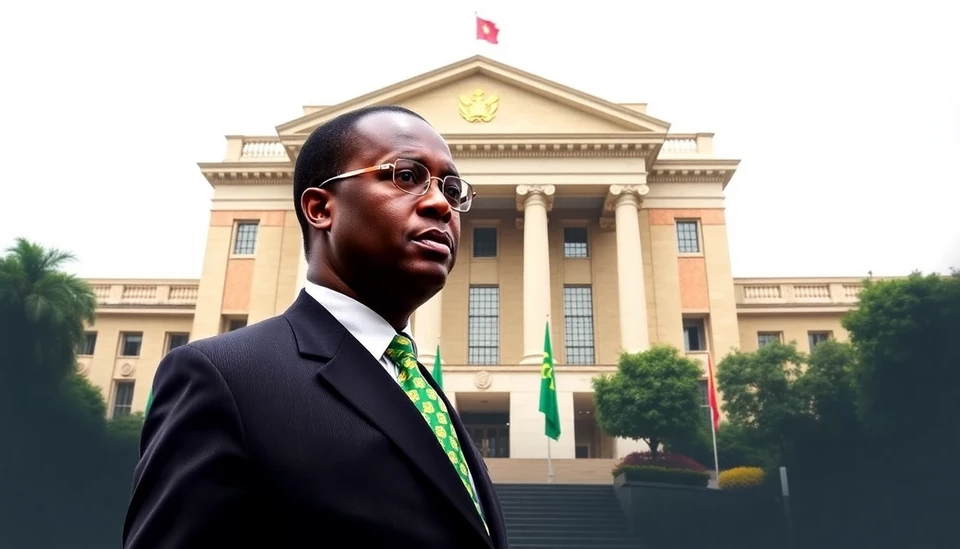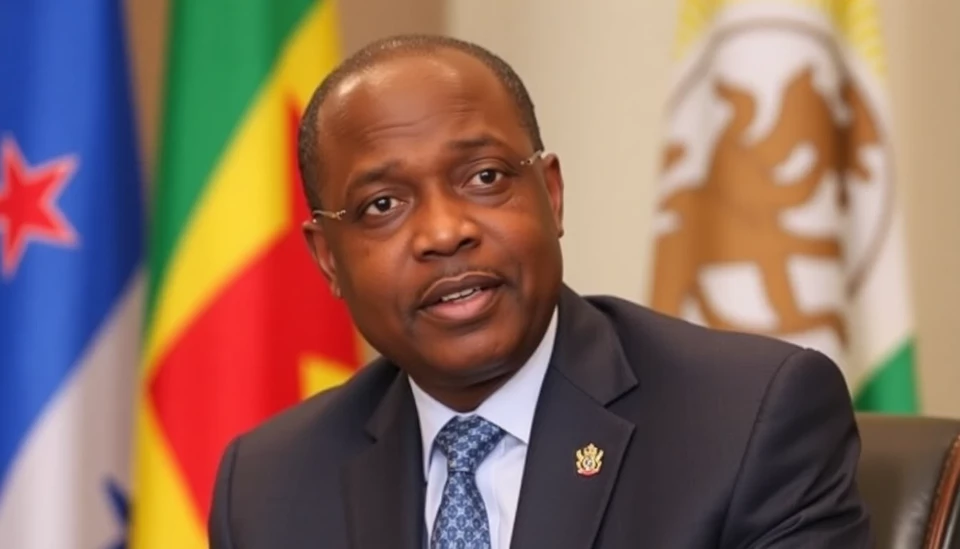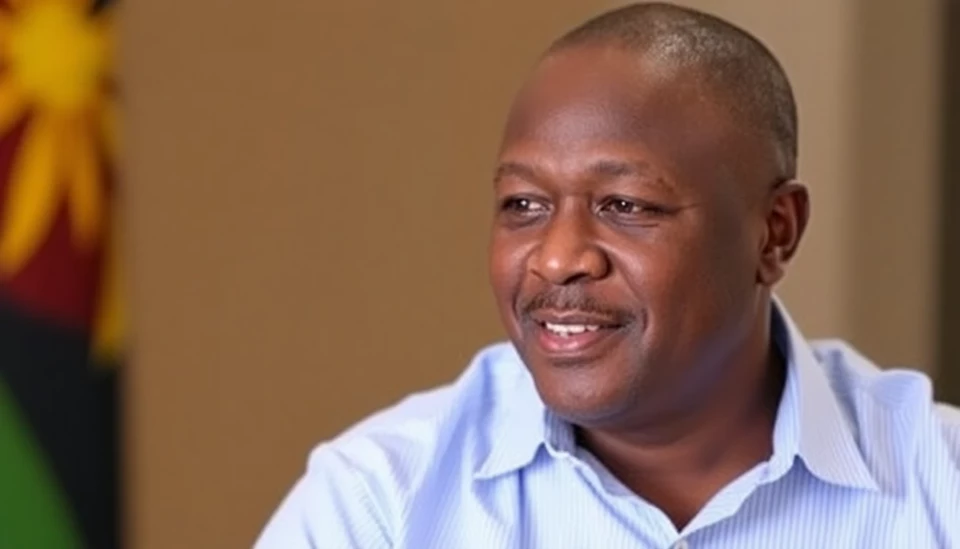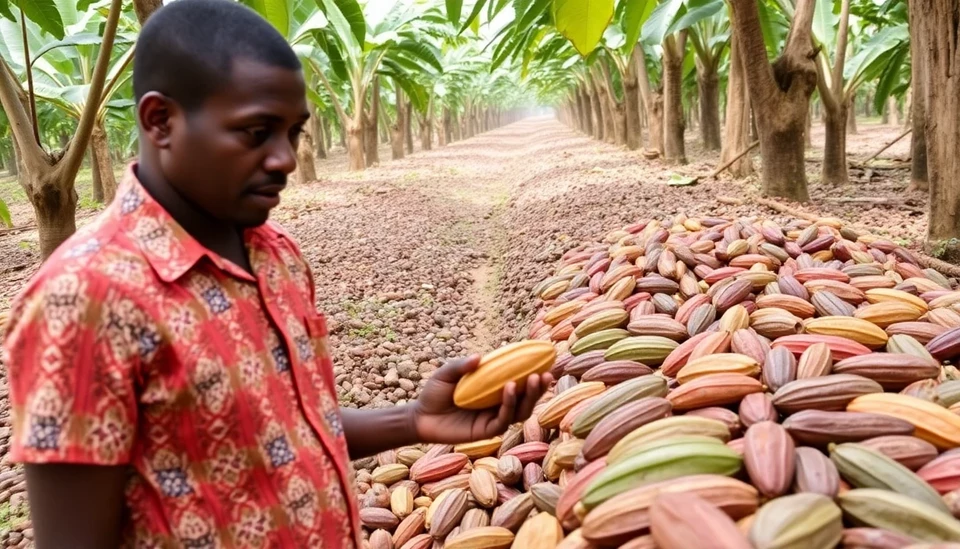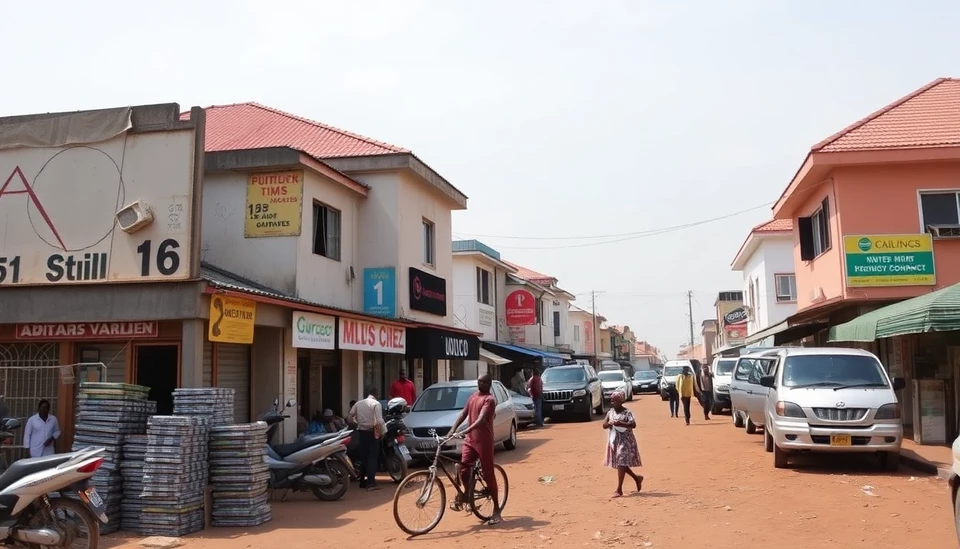
Ghana is currently grappling with a significant rise in inflation, as recent data indicates that the inflation rate has reached its highest point in eight months. This surge has raised concerns regarding the potential for a forthcoming reduction in interest rates, which many economists were anticipating. The latest figures show that the inflation rate surged to 39.1% in December, a stark increase from the 38.1% recorded in the previous month.
This inflation trend poses a considerable challenge for the Bank of Ghana, which is responsible for regulating monetary policy in the country. The central bank, which has been on a tightening path since 2021, aims to stabilize prices and control inflation, which has significantly affected the cost of living for Ghanaians. As prices for essential goods and services continue to escalate, the likelihood of the central bank undertaking any rate cuts appears increasingly remote.
The increase in inflation can be attributed to various factors, including rising food prices and elevated import costs, both of which have put immense pressure on household budgets. The food inflation rate has witnessed a marked increase, with prices soaring due to supply chain disruptions and other economic challenges faced by the agriculture sector.
In light of these pressing issues, analysts are closely monitoring the economic landscape, as they weigh the potential implications of sustained high inflation on monetary policy. The Bank of Ghana’s ability to implement any rate cuts to stimulate economic growth while addressing inflationary pressures will be a delicate balancing act.
As the country enters the new year, the implications of these economic challenges will be substantial. Ghanaians are feeling the effects of rising costs on their daily lives, and there is growing public pressure on policymakers to address the underlying issues contributing to inflation. With economic growth stagnating and consumer confidence dipping, the path ahead for Ghana does not appear to be without hurdles.
In conclusion, with inflation now at its highest point in eight months and pressures mounting on the central bank, the prospect of a rate cut has dimmed. The coming weeks will be critical as stakeholders and policymakers navigate these challenging economic conditions to ensure stability and foster growth in Ghana’s economy.
#Ghana #Inflation #MonetaryPolicy #BankOfGhana #EconomicGrowth #CostOfLiving #FoodPrices #InterestRates
Author: Rachel Greene

